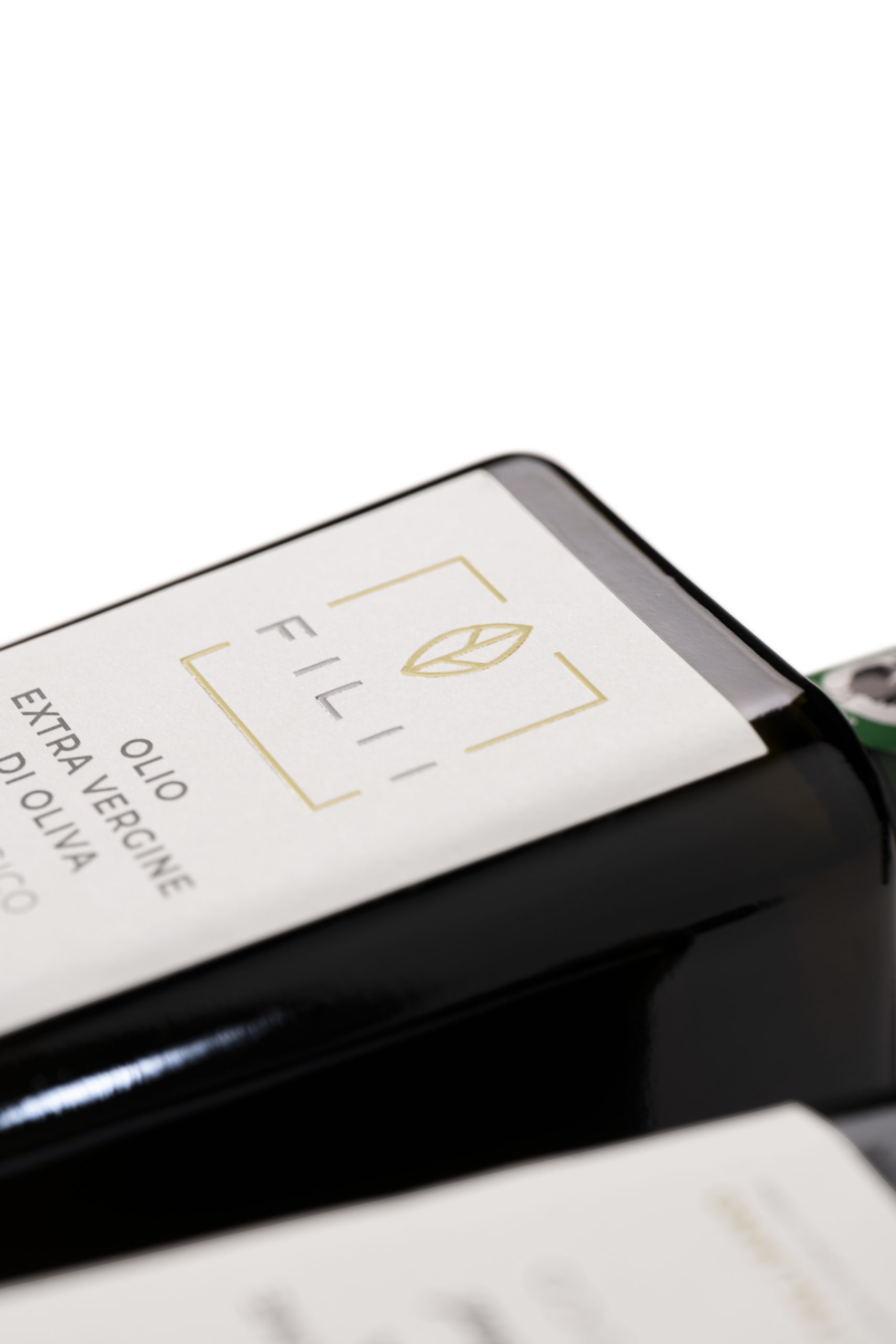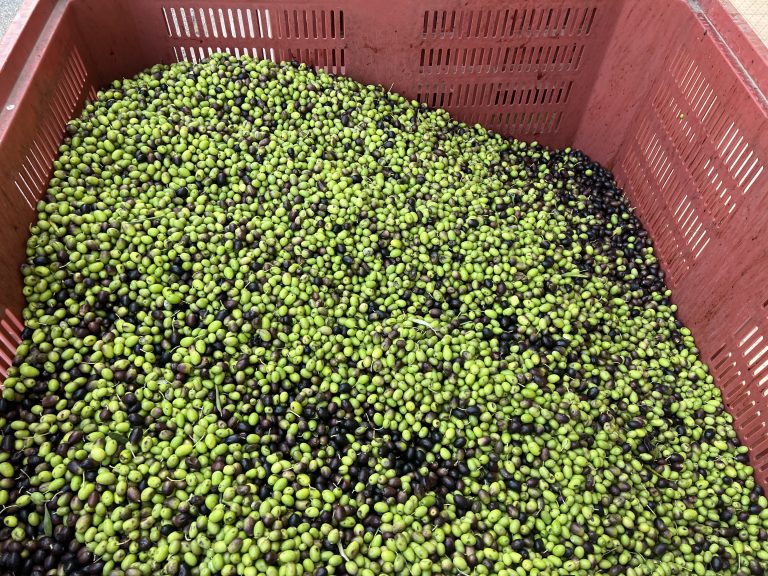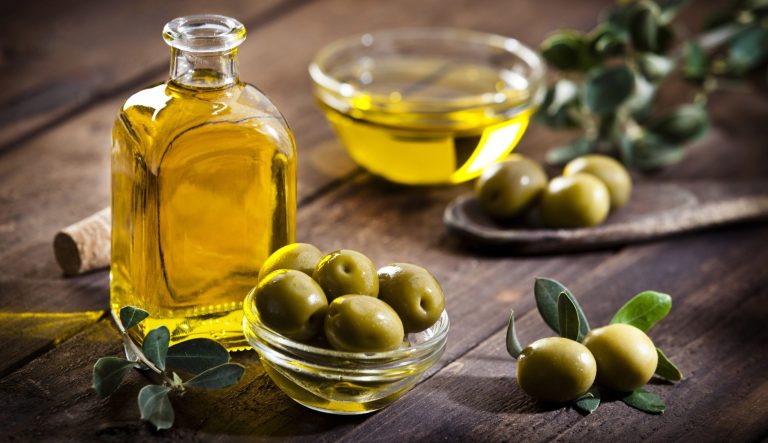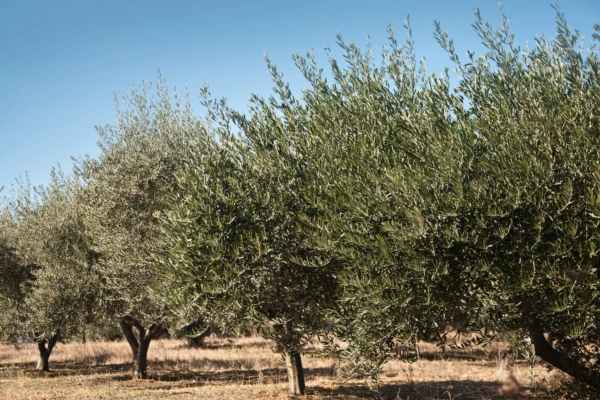
The Conservation of Extra Virgin Olive Oil
- Post author:Guest-admin
- Post published:January 13, 2025
- Post category:Approfondimenti EN
Extra virgin olive oil is a living food, rich in important nutrients that diminish over time due to natural oxidative processes, which can occur more rapidly due to improper storage. The main factors causing the most significant issues are light, air, and oxygen, which alter the quality of the oil.
Typically, in production facilities, the oil is stored in large stainless steel silos that are hermetically sealed to exclude contact with oxygen. The storage environment is maintained at a constant temperature between 12 and 18 degrees Celsius. Stainless steel is an excellent material for food storage because, in addition to being highly resistant and easy to clean, it does not alter odors and flavors. However, it is very expensive.
More commonly used in retail is tinplate cans. Once opened for consumption, the oil contained within them should be transferred to dark glass bottles filled to the brim, thereby limiting exposure to air and light.
A more practical storage and usage system is the “bag in box,” consisting of a polyethylene bag—a high-quality material with excellent insulating properties—that is filled without trapping air and inserted into a carton. The tap closure is sealed, and the bag empties gradually as the oil is dispensed.
However, the true protagonist of packaging is glass, used for producing demijohns and bottles of various sizes and colors. Dark glass bottles are recommended, especially if they are completely shielded by a label or non-toxic varnish, while transparent glass bottles and oil jugs should be completely avoided. Additionally, reject plastic bottles and cans, as they are permeable to light and heat.
Ceramic jugs, which are aesthetically pleasing and artisanally crafted, are a valid alternative to glass and resist heat well. However, some of these, particularly decorative ones, might contain toxic substances in their production materials; it is therefore important to ensure that they are certified for food use. Generally, they are sealed with a cork stopper, a porous material that unfortunately facilitates the passage of air into the bottle.
For home storage, avoid attics and cellars where thermal fluctuations between summer and winter can occur. Additionally, any existing odors, such as mold, cheeses, paints, varnishes, and chemical detergents, can be absorbed by the oil over the long term. It is preferable to choose an environment free of particular odors where the temperature remains relatively constant.
Alternatively, you can consider purchasing oil at different times of the year, taking the opportunity to visit other local producers, return to a trusted manufacturer, or discover new specialized outlets, both physical and online.






